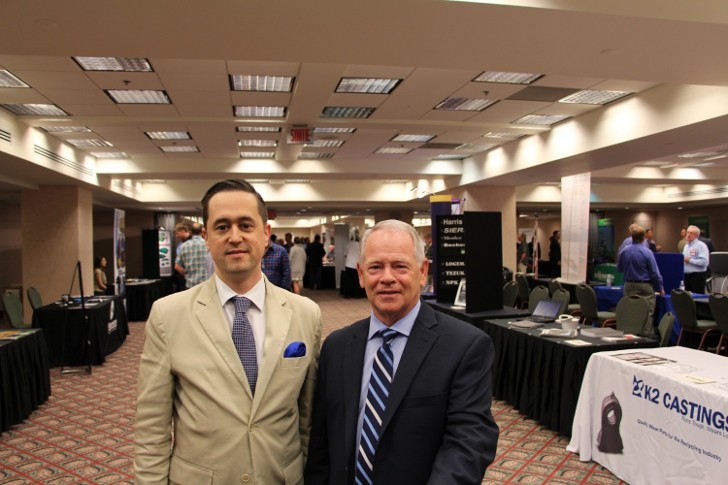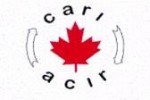
by Keith Barker, Editor, Recycling Product News
This year’s CARI convention, which took place June 18-21 in Montreal, was a particularly special occasion. It not only marked the end of an era, with the retirement, after nineteen years, of outgoing President, Dr. Len Shaw, but it was the introduction of the association’s new President, Mark Buzan.
More than 100 processors, manufacturers, distributors, associations and service providers were represented at the show. Equipment manufacturers on the exhibit hall floor this year included Liebherr Canada, Marathon Equipment, Al-Jon, E-Crane, OSA Demolition, Gensco, Machinex, Industrial Netting, Eriez, Allied Construction, RMT, Columbia Steel, Sennebogen, Harris, Sierra International and Bateman Manufacturing. Evening networking functions on the show floor and in the beautiful Hilton Bonaventure Montréal, were proceeded by educational industry sessions during the day, focused on topics such as safety, metal theft and commodities markets. Speakers included Canada’s most well-know news anchor, Peter Mansbridge, and a particularly memorable and informative presentation on the importance and best practices in fire safety for scrap metal yards, from ISRI’s director of safety, John Gilstrap.
From the sessions, one definitely got the sense that site safety and security are two of the most pressing operational issues facing the recycling industry today.
At Saturday night’s event finale and banquet, Len Shaw was shown a great deal of friendship along with well-deserved respect for his long term of service to CARI and to the Canadian recycling industry.
Prior to the banquet, I had the chance to sit with both Len and Mark, and ask a few questions about the last two decades at CARI, about the state of the industry, and about the future of the association.
“CARI didn’t operate as a proper trade association when I came onboard,” said Shaw. “We now have recognition in Canada and internationally, as a proper association of a sector that is meaningful.”
“Our industry has to make governments understand, firstly that we’re not talking about waste – we’re talking about the natural resource industry, and secondly, they have to put their focus on the people and companies that manufacture products. The focus has to be on the design. It’s preventative medicine.”
According to Shaw, today’s stewardship programs are actually counter-productive, primarily because they are not focused on the design and manufacture of products, but on the collection of materials.
“I’ve never seen a single stewardship program that makes any sense to me,” said Shaw. “There’s not a single one that has in place a recognition for, a promotion of or a reward for companies that improve their products [at the design and manufacturing stages] for their end-of-life.
“If you go back to the blue box program, I tell people that is not a recycling program, that’s a collection program. What about creating a demand for recycled materials? What about procurement policies? What about design-for-recycle? If you take care of all this, you don’t have to worry about the supply side of the equation.”
The recycling industry in North America will certainly miss the expertise and dedication of Len Shaw.
Changing of the guard
Mark Buzan, who officially took over as CARI’s Executive Director July 1st, comes from a background based in managing and leading professional associations.
“The experience I bring is different than that of Len’s, who is just an encyclopedia of recycling and metallurgy,” said Buzan. “What I aspire to is to further professionalize what has been done, to further advance and bring structure to CARI. What has been conveyed to me by many, is that CARI requires not necessarily a revolution, but an evolution.
“Len left a good ship to take over. He had a much different CARI to start with than I do. In the 19 years that he has been at the helm, memberships have grown and I am fortunate to be inheriting an association that is in good financial shape.
Buzan continued: “We’re going to continue our important work in public policy on behalf of the industry, which includes the ongoing issues of metal theft, transportation, and being on the lookout for stewardship programs.”
Buzan also emphasized the work that still needs to be done to change public perception of the recycling industry.
“We need to be brought to the table to help solve our overall environmental objectives – and employment objectives. The ongoing perception that we still have to build with government is that recycling is more than just the blue box at the corner – it is an internationally-traded commodity-based industry that needs to be treated as such.”



